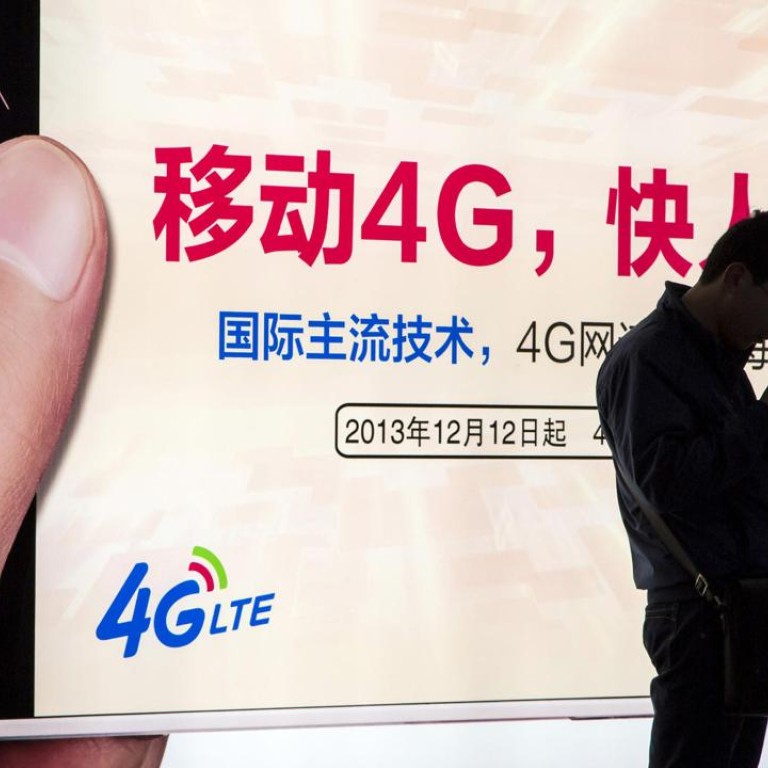
Graft probe not likely to dent mainland 4G growth
Expansion plans in China’s vast telecommunications market are expected to be untouched by the corruption scandal involving the head of the country’s largest fixed-line network operator.
Analysts said the government’s investigation into Chang Xiaobing, the chairman and chief executive of China Telecom, would have no impact on the 4G mobile network development initiatives of the company and those at rival China Unicom.
The probe is being conducted by the Central Commission for Discipline Inspection (CCDI), which is the Communist Party’s anti-graft body, and was over Chang’s activities at Unicom, where he served as its top executive since November 2004, according to sources.
“The investigation will not have much impact on the business of either China Telecom or China Unicom,” Gartner analyst Sandy Shen said on Monday.
“Chang has only been at China Telecom for about four months, which is too short a time to have an impact on the company’s strategic direction,” Shen said. “At Unicom, we don’t see any back-pedalling on its new 4G roll-out plans.”
Chang took over as head of China Telecom in August, after resigning as the top executive at Unicom, in a reshuffling of leaders at the mainland’s three major state-backed telecommunications network operators.
A spokeswoman for China Telecom said it was “business as usual” at the operator.
Bernstein senior analyst Chris Lane said Chang led “a flawed strategy for 4G deployment” at Unicom, which had underperformed against industry giant China Mobile and smaller rival China Telecom over the past 14 months.
“Unicom made the mistake of chasing the broad 4G coverage that China Mobile was planning,” Lane said.
“They could not afford to match the density that China Mobile was deploying. In essence, Unicom bet that a little 4G in more places was better than a lot of 4G in key cities where wealthier early adopters are to be found.”
The continued focus on 3G coverage by Unicom resulted in a steady loss of subscribers to China Mobile and China Telecom, which have a more aggressive 4G deployment. Lane said Unicom had lost 12.2 million subscribers over the past 11 months.
CCDI investigators had reported in February that some Unicom officials were behind certain corrupt practices at the operator, including collusion with suppliers to earn kickbacks, favouring relatives to win big contracts and accepting valuable “gifts”, such as shares of companies, from clients.
Unicom posted a widely expected decline in earnings for the nine months to September, while it pursues a turnaround strategy with a revamped 4G expansion plan.
It reported a 22.5 per cent drop in net profit during the period to 8.18 billion yuan (HK$9.80 billion), down from 10.56 billion yuan a year ago.
While Chang ‘s reputation has been blemished by the investigation, it was not that long ago when he was hailed as one of the most progressive executives in China’s telecommunications industry.
Under Chang’s watch, Unicom signed a multi-year deal to become Apple’s first mainland carrier-partner for the iPhone back in 2009.
That bolstered its position as China’s No 2 wireless operator behind China Mobile.

